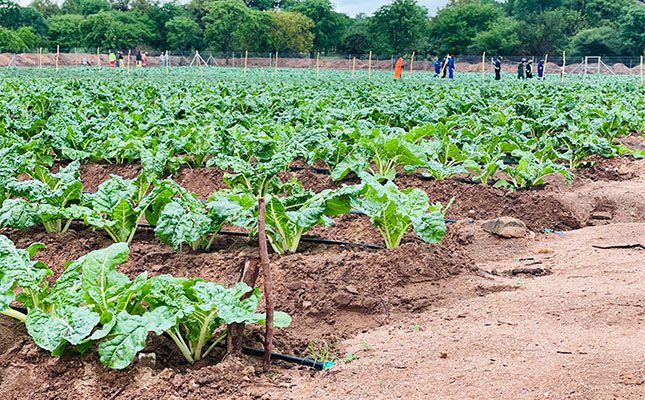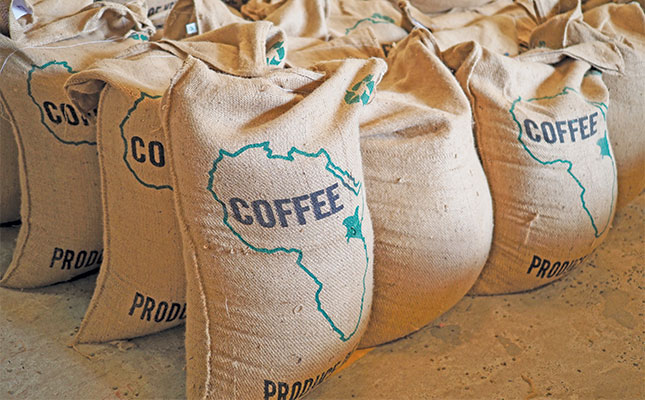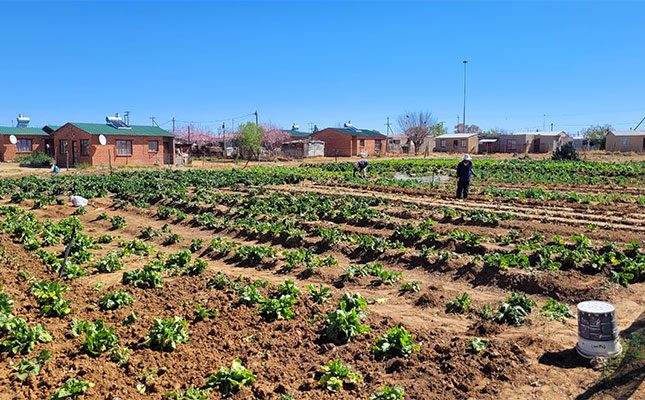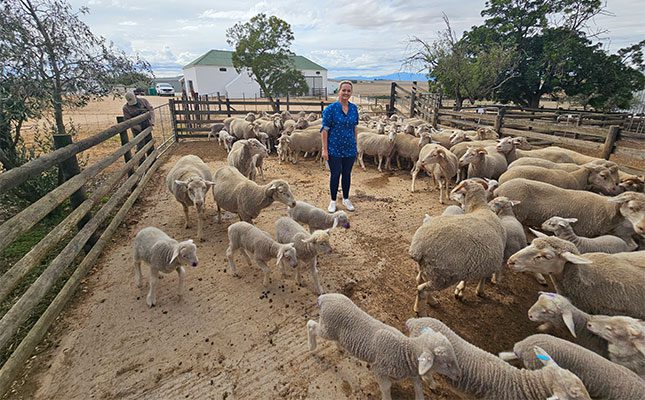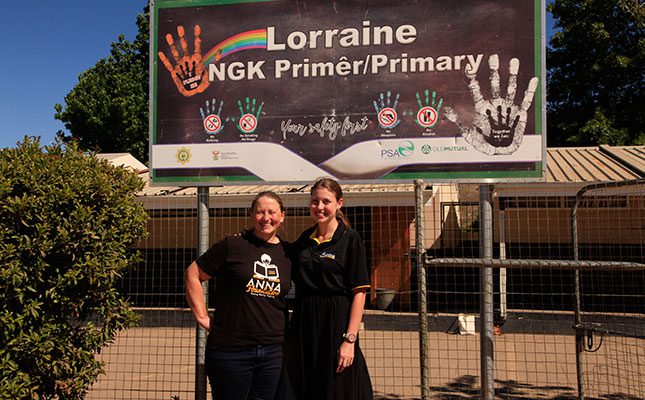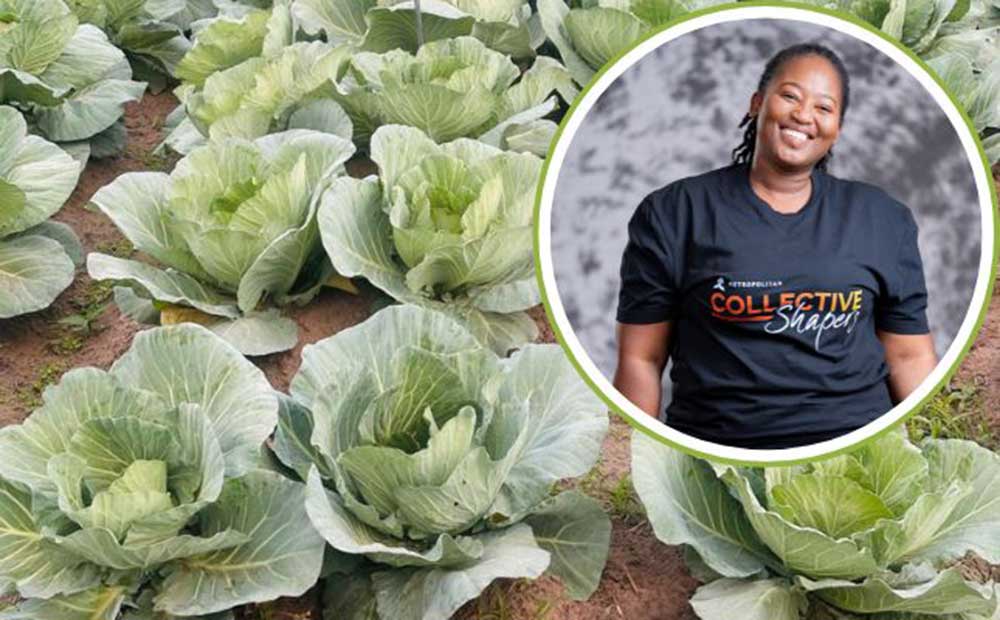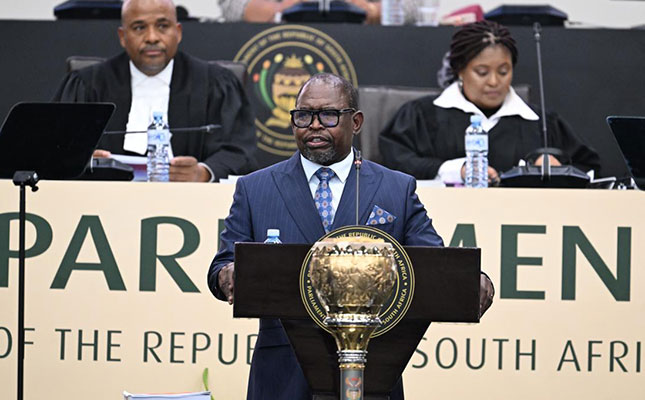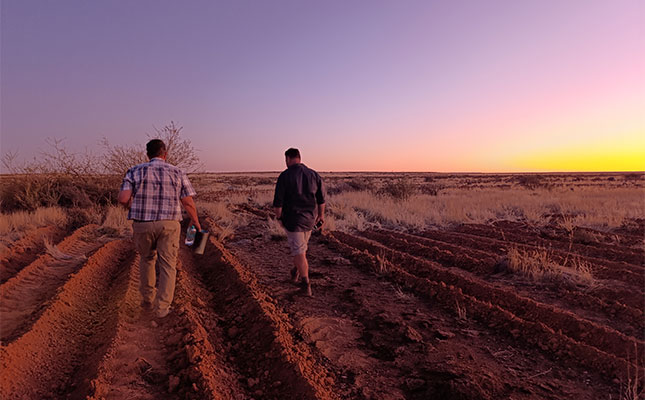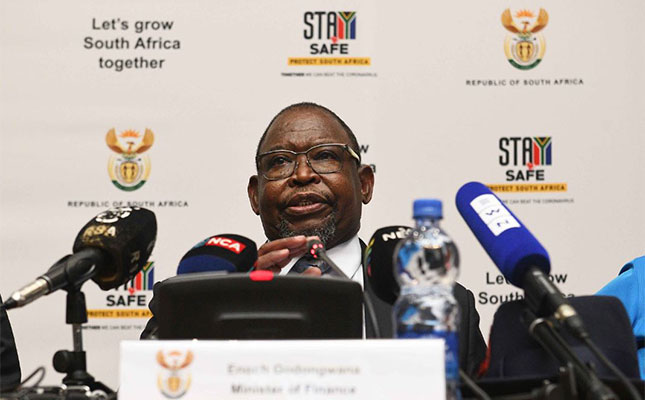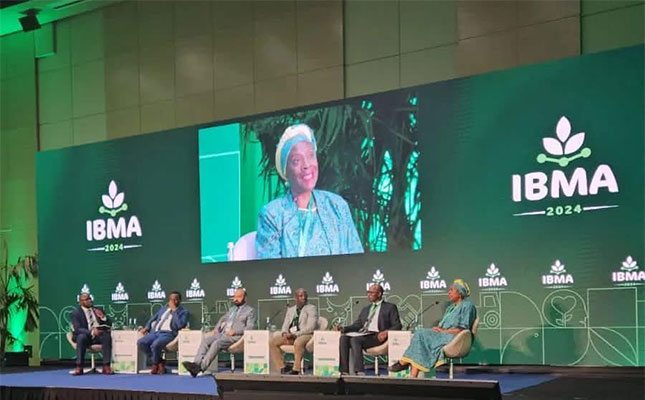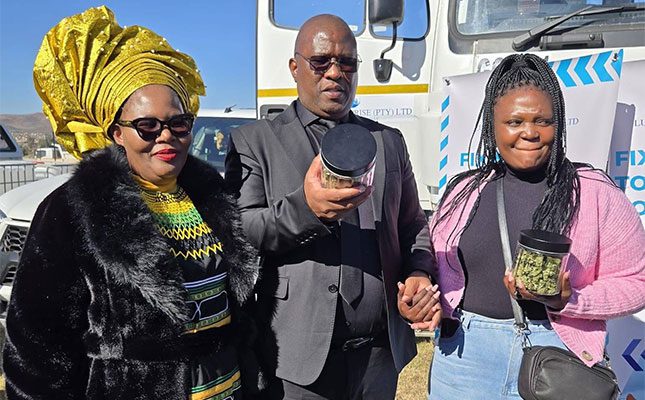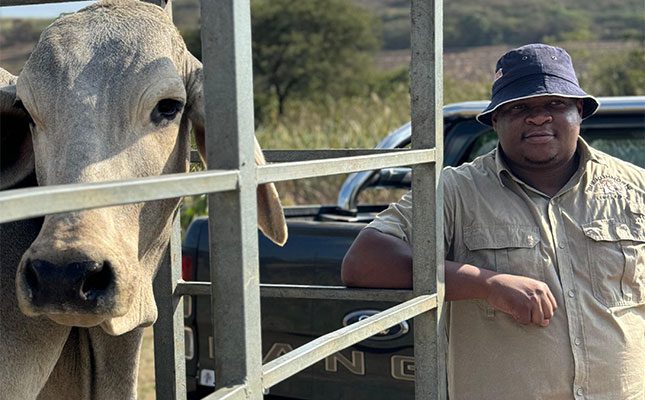
Zulu comes from the Vryheid area, but at present operates his business, Kwa-Bhekumndeni Livestock, from Shongweni Dam, Hillcrest, Durban, farming cattle, sheep, goats, and chickens.
For the past seven years, he has been gaining experience as a livestock farmer. He provides meat for funerals in the Shongweni area, specifically focusing on cultural customs. His short-term goal is to establish partnerships with funeral parlours, ensuring that they fulfil the specific needs of families who have to arrange funerals.
His long-term goal is to develop meat processing in the area and ensure more value-adding in the farming community. He hopes that initiatives such as the Metropolitan Collective Shapers programme can help farmers overcome obstacles.
He saw an advertisement on social media and applied to partake in the programme. “I knew exactly why I was applying and what I wanted to learn. I knew this programme would afford me the opportunity to grow and develop my business,” he says.
Zulu shows a great deal of business acumen. He has identified opportunities and needs in his area and knows how these can be addressed.
He wants to start a podcast for small-scale producers and call it KZN Farmers Podcast, focusing on the information and skills they need to acquire to make a success of farming.
“I feel that not enough local farmers are included in current programmes. I want to provide information so that prospective farmers can obtain the necessary guidelines [regarding livestock and crops], so they can know where and how to start their businesses.”
He also wishes to see more black farmers achieve success as commercial farmers.
WATCH THE FULL INTERVIEW ON AMAFAMA PODCAST

